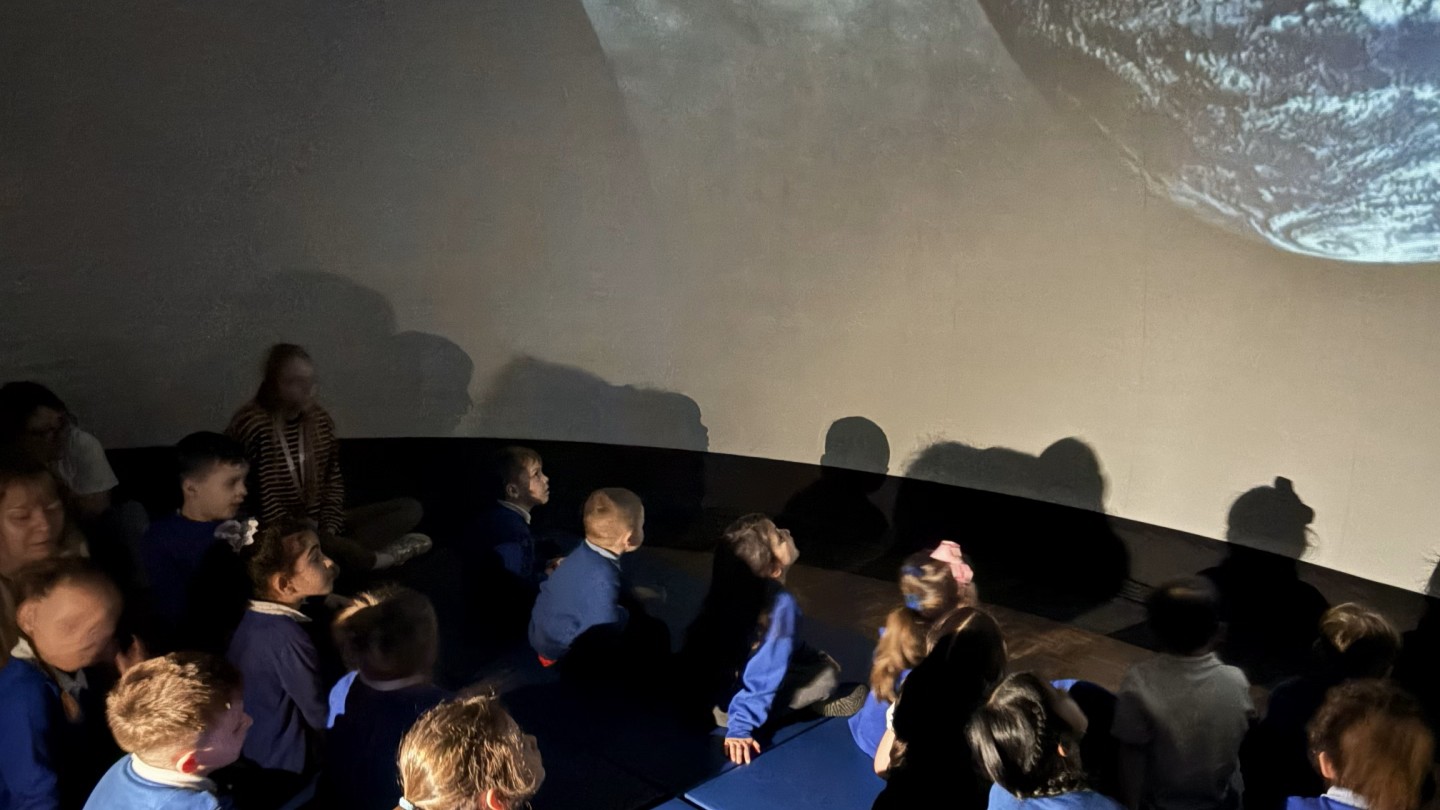Learning Links
English
Click here for English fun games, songs and more.
Click here for BBC Bitesize English KS2.
Click here for BBC Bitesize English KS1.
Click here for Woodlands spelling games.
Click here for TOPMARKS Spelling and Grammar games.
Click here for Year 3 and 4 Word List (national curriculum spelling words).
Click here for Year 5 and 6 Word List (national curriculum spelling words).
Reading
Click here for BBC Newsround (keep up to date with the latest news).
Click here for First News (children’s very own weekly newspaper)
Click here for Oxford Owl reading time (an adult will need to register).
Click here for Phonics play (games to improve your phonics).
Maths Learning
Click here for Maths games for all ages.
Click here for More Maths Fun!
Click here for TOPMARKS games on place value.
Click here for BBC Bitesize Maths KS2.
Click here for BBC Bitesize Maths KS1.
Click here for BBC maths games.
Click here for Place Value Penguins (help recognizing the value of each unit).
Click here for Base 10 activities.
Click here for multiplication games.
Click here for problem solving activities.
Click here for maths puzzles and problems.
Click here for maths games.
Click here for games covering many different strands of maths.
Click here for a challenging maths adventure problem.
Click here for MATHS IS FUN!
Timestables
Guidance for family adults: before they learn to chant times tables, children need to understand what times tables actually mean. Help them by making pictures by drawing objects in sets like this:
0x2 =0 (draw nothing and explain you have no sets, saying “zero”, “none”)
1×2=2 (draw a set of 2 cars – explain 1×2 means one set of two and count them in twos saying “two”)
2×2=4 (draw a set of 2 cars, and another set of 2 cars – explain 2×2 means two sets of two, count “two, four”)
3×2-6 (draw 3 sets of 2 cars, – explain 3×2 means three sets of two, count “two, four, six”)
and so on, always counting in twos….
You can draw any objects that interest your child. Repeat for all timestables, changing the number of objects in the set i.e. three objects in each set for three times tables, four objects for four times tables and so on. If you are unsure, please ask your child’s teacher for help.
Click here for times tables 1 minute challenge tests!
Creative Learning
Click here for Espresso coding (why not create your own computer games?)
Click here for Family learning games, fun for all ages!
Click here for My Learning page, lots of interesting things to do!
Click here for Facts about London.
Click here for BBC Bitesize Science KS2
Click here for BBC Bitesize Science KS1
Click on the extra pages below to practise more learning skills.




